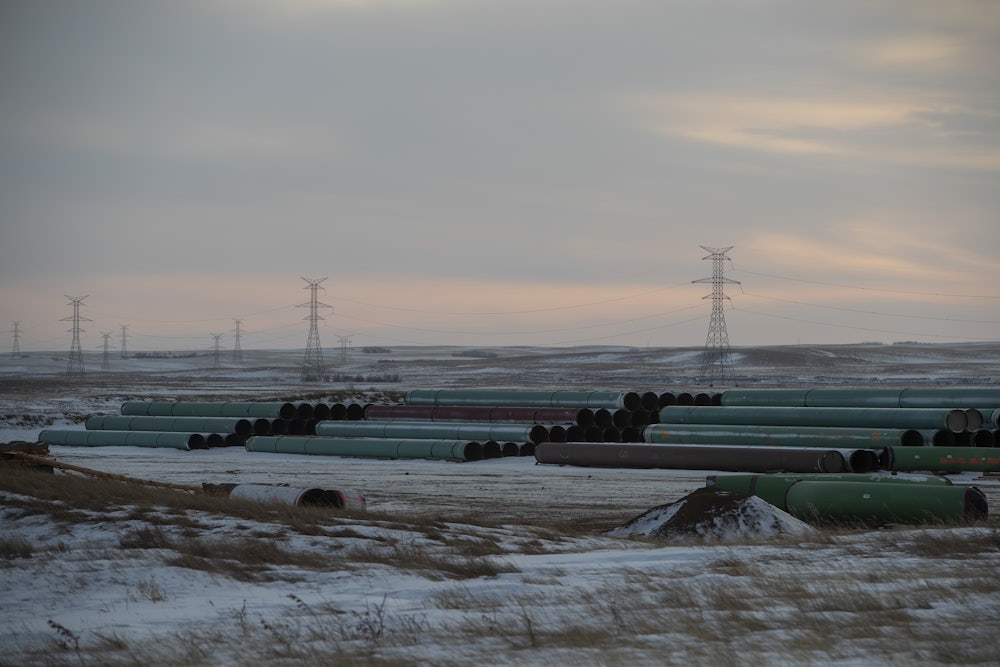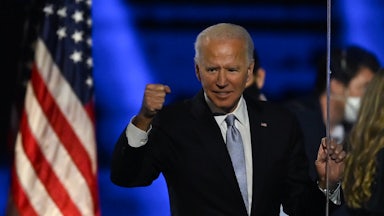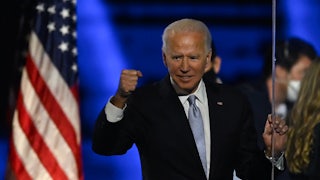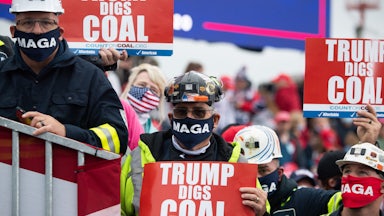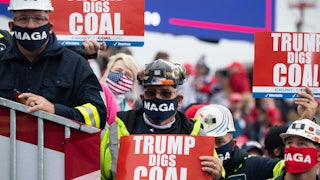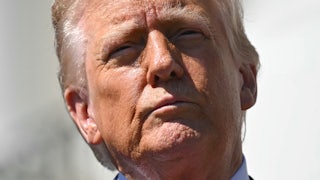Life is pretty good for arbitrators tasked with deciding whether a corporation should get a government payout. Your $900 per diem will get you a room at the finest hotel, with enough money left over for a plate of ortolan if you can find a restaurant daring enough to serve it. You’ll get $250 for each hour you spend in transit. That’s on top of the $500 a day you get while working on the case. And if you work while you’re traveling, you’re entitled to $500 an hour. Of course it’s cushy: You were the one to decide how much you’d get paid!
That, at least, is according to documents released as part of a $15 billion case being brought by Calgary-based gas giant TC Energy against the U.S. government, after Joe Biden “canceled” the Keystone XL pipeline by revoking a key permit.
The case is set to be heard in Washington, D.C., under the auspices of the World Bank’s International Centre for Settlement of Investment Disputes, or ICSID, pronounced “ick-sid”. The company brought its suit under a multilateral deal that no longer exists, the North American Free Trade Agreement, Nafta—which is why the United States thinks the suit should be thrown out. Nafta’s Trump-era successor, the U.S.-Mexico-Canada Agreement, eliminated most (but not all) options for pursuing these investor-state dispute settlements.
Investor-state dispute settlements, or ISDS, is a fancy term for allowing corporations to sue governments for things that might cause them to lose profits, known in legalese as “frustrations of foreign investors’ legitimate expectations.” Governments, meanwhile, have no such means to challenge corporations under the ISDS system. And the average cost to governments for having a suit brought against them is $4.7 million.
Following the implementation of the Trump-era U.S.-Mexico-Canada Agreement, investors and corporations had a three-year grace period to bring forward a challenge under the old Nafta rules. That allowed enough time for TC Energy to bring its case after President Biden dealt a final blow to its pipeline during his first year in office. For the privilege of being sued, the U.S. has already shelled out $250,000 “to cover the initial costs of the proceeding.”
“What makes ISDS so outrageous—and why it’s become so unpopular—is that there are these arbitration panels that private-sector lawyers sit [in] as arbitrators making top-dollar per diems,” says Melinda St. Louis, director of the nonprofit Public Citizen’s Global Trade Watch. “But then they also can, separately, be corporate lawyers that are bringing cases on behalf of corporations to other arbitration tribunals. What we typically think of as a judicial system—as independent—that is not the way this works.”
Arbitrators who specialize in this corner of the law are appointed as tribunal members and then set the fees paid by either side of the dispute within an established cap (reevaluated “from time to time” by World Bank leadership, per ICSID rules) and following certain predetermined guidelines. The fact that such fees are administered by the hour, St. Louis points out, can give tribunal members an incentive to stretch things out. Suits in recent years have gotten longer; a 2021 study by the law firm Allen & Overy found that ISDS cases decided after 2017 lasted an average of one year and six months longer than those decided before that year.
Most ISDS cases have been administered by or heard under the rules of either ICSID or the U.N. Commission on International Trade Law, a subsidiary of the U.N. General Assembly. While these institutions are both at least quasi-democratic—countries are members of the U.N. and the World Bank—lesser-used tribunals are entirely private enterprises, including the London Court of International Arbitration and the International Chamber of Commerce.
Investor-state dispute settlements are a relic of twentieth-century globalization fever. They’ve begun to fall out of fashion even among wealthy governments. The Energy Charter Treaty—created in the 1990s to assure fossil fuel companies that their investments in the former Eastern Bloc would not be expropriated—has come under increasing pressure in Europe for protecting polluters. Last fall, for instance, the British oil and gas company Rockhopper was awarded $200 million in a suit it brought against the Italian government under the treaty over its limits on offshore drilling. Even if the ECT gets scrapped, investors will still have 20 years after its expiration to bring suits under its rules. The European Parliament has in recent years also discussed a multilateral investment court, to bring the ISDS system under more legible democratic control.
ICSID amended its rules last year amid calls for a procedural modernization. Those changes included measures to reduce the discretion that tribunal members have over fee demands and create additional transparency around proceedings and conflicts of interest. Reforms in one body, however, do not automatically translate to another, and trade agreements allow investors to choose from a menu of venues where they would like to bring the case.
As more states embrace industrial policy, climate-friendly investment, and trade approaches that favor building up domestic production, the ISDS system could become a historical artifact. For now, those tasked with administering it are still living large.
